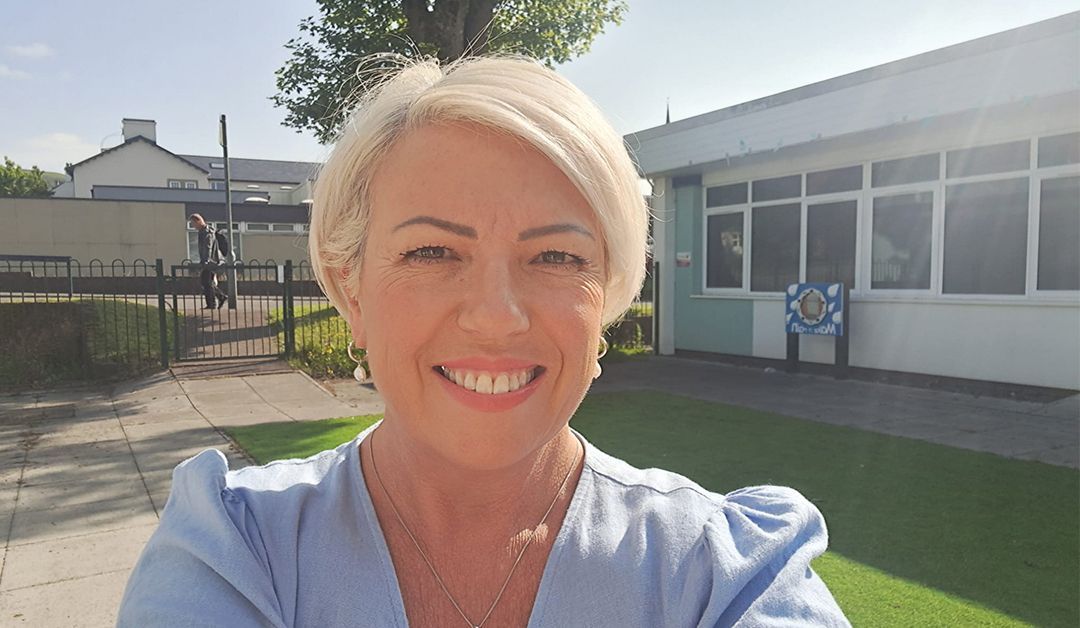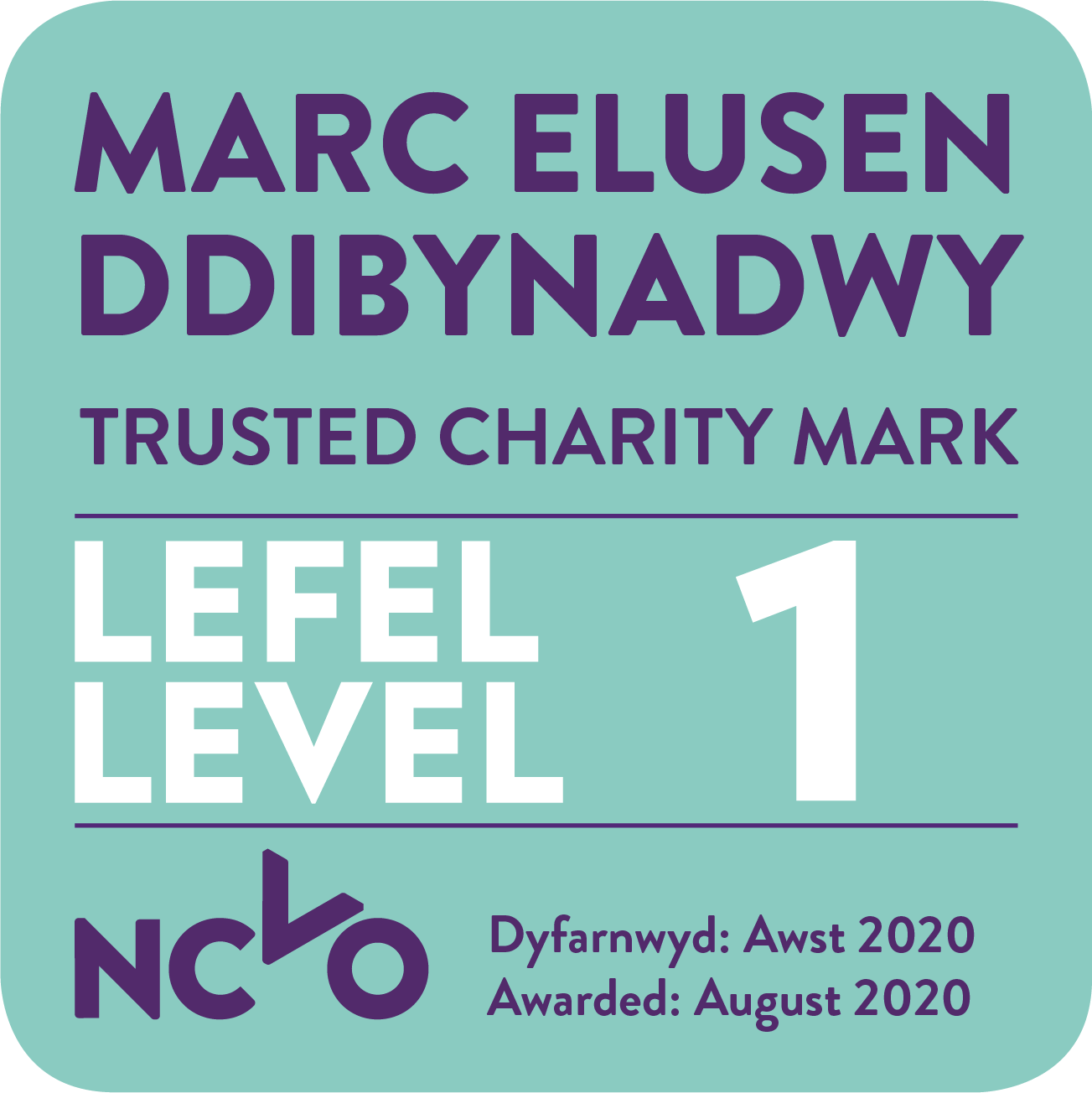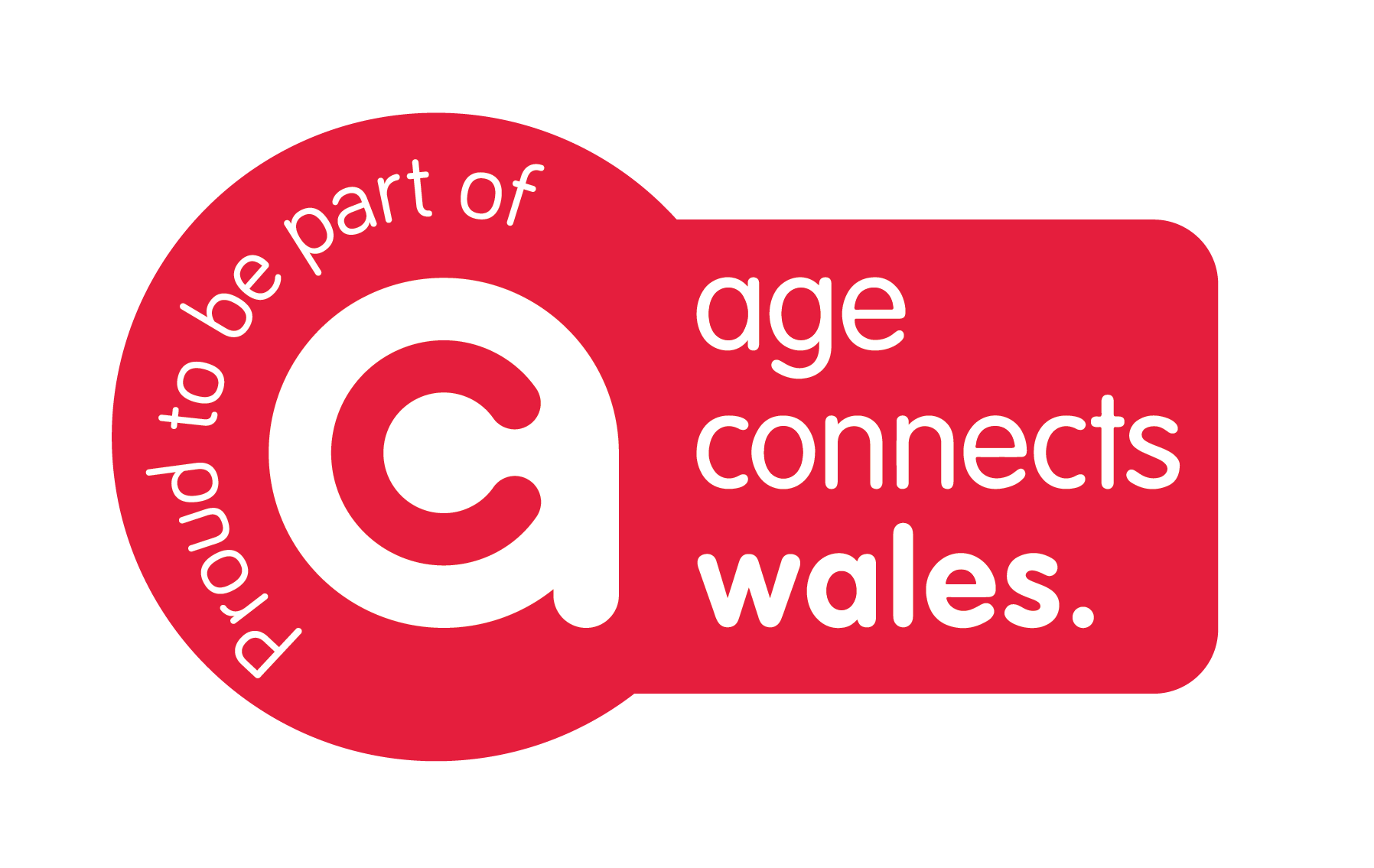Supporting a family through sundowning with person-centred care
When Mrs C was referred to our Dementia Matters Programme by the Bridgend Memory Service, it marked the beginning of a deeply meaningful journey for Memory and Wellbeing Guide, Louisa. One of her first cases in the role.
The following case study is a powerful example of how early support, empathy, and relationship-building can ease the challenges families face when navigating dementia.
Initial contact came from Mrs C’s husband, who shared the emotional toll that “sundowning” was taking on his wife and family. Each evening, Mrs C experienced rising agitation, confusion, and mistrust - sometimes refusing to return to bed, despite being disoriented and distressed. The family, particularly their daughter, often found themselves responding in the middle of the night, unsure how to calm or reassure her.
In a heartfelt conversation, Mr C simply asked, “What can we do?” - a question that resonates with so many families at the start of their dementia journey.
Louisa reassured Mr C that no family enters this world with all the answers, but that help was available. She introduced him to the principles of Positive Approach to Care and validation therapy, encouraging the family to meet Mrs C in her reality rather than correct or challenge her perception. She also offered to signpost them to carer training resources and took time to further research sundowning - gathering practical strategies, from calming bedtime routines and circadian lighting to drawing curtains at dusk.
Before sharing these ideas with the family, Louisa consulted her line manager, Rachael, who has lived experience in dementia care. Rachael’s insights strengthened the plan, suggesting additional actions such as covering mirrors and placing a calming note at eye level in Mrs C’s bedroom: “I am safe. I am home.”
The family welcomed these strategies with gratitude. They had not received any tailored advice until that point and were eager for guidance.
A home visit was arranged to explore Mrs C’s needs in more detail and build trust face to face. While she was initially anxious, Mrs C quickly relaxed upon meeting Louisa, who took a person-led, empathetic approach that made the visit feel more like a conversation than an assessment.
The visit became a turning point. Mrs C engaged warmly - with humour and openness - and the family shared honestly about their frustrations, fears, and strengths. When Mrs C grew tearful at one point, it prompted a touching family exchange that underscored their deep connection. During this time, they identified a surprising trigger for Mrs C’s anxiety: the kitchen window. Together, they added a kitchen blind to their list of practical solutions, and discussed making the “I’m safe” note into a fun craft project - something Mrs C’s daughter took on with enthusiasm.
Through consistent, respectful engagement, Louisa helped the family develop confidence in managing sundowning episodes. She also encouraged safety improvements such as installing soft, automatic lighting in key areas to reduce fall risk during the night.
Although some external support - such as equipment from Care & Repair and formal education from the Alzheimer’s Society - remains pending, the family has already embraced the in-home strategies and noticed a reduction in sundowning incidents. This may be partly due to a medication adjustment, but the family has also credited the guidance they received from Louisa as a major contributor to this positive change.
To strengthen support further, Louisa referred the family to a dementia carers support worker at Bridgend Carers Centre and has begun conversations with Effro about running local workshops for carers, after recognising growing demand in the area.
“Success isn’t always about quick fixes,” Louisa explains. “It’s about building something sustainable - equipping families with knowledge, confidence, and connection. Relationships are at the heart of that.”
This case has also underscored the importance of professional collaboration. Behind the scenes, Louisa worked closely with her line manager to ensure her support was grounded, thoughtful, and effective. That partnership, along with open communication with services like Care & Repair, helps ensure families are not left in the dark - even when external support is delayed.
This is an ongoing case, and a follow-up story will be shared once the longer-term outcomes are clearer. But already, the family has taken meaningful steps towards understanding and managing the complexities of dementia. They’ve begun to see Mrs C not only as someone who needs support but as someone who can feel safe, heard, and empowered - even in moments of confusion.
For Louisa, the experience has confirmed the transformative impact of relationship-centred support. It’s about more than referrals and advice -it’s about connection, consistency, and creating a space where people feel seen.
“When families feel supported, and the person living with dementia feels safe,” she says, “that’s when real change begins.”









